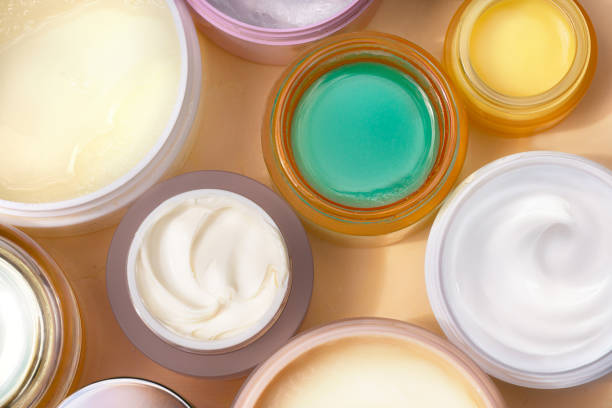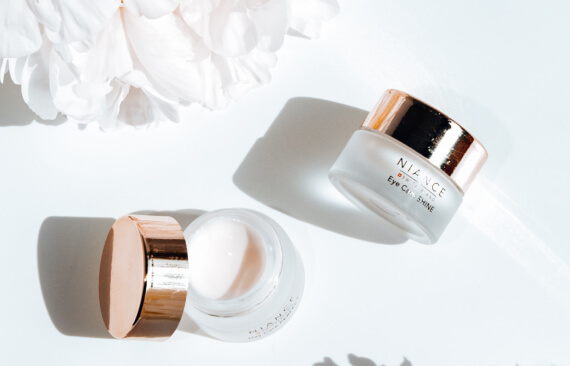Studies show the following ingredients can reduce wrinkles. Most are found in a variety of skin-care treatments, both prescription and over-the-counter.1. Alpha-hydroxy acids (AHAs). These natural fruit acids lift away the top layer of dead skin cells, reducing the appearance of fine lines and wrinkles, particularly around the eyes. New evidence shows that in higher concentrations, AHAs may help stimulate collagen production.2. Retinoids (including Retin A). The only FDA-approved topical treatment for wrinkles is tretinoin, known commercially as Retin A. Ashinoff says this prescription cream reduces fine lines and large wrinkles, and repairs sun damage. Retinol is a natural form of vitamin A found in many over-the-counter products. Studies show that in a stabilized formula, in high concentrations, it may be as effective as Retin A, without the side effects, such as skin burning and sensitivity. 3. Topical vitamin C. Studies at Tulane University, among others, have found it can increase collagen production, protect against damage from UVA and UVB rays, correct pigmentation problems, and improve inflammatory skin conditions. The key, however, may be the type of vitamin C used. To date, most of the research points to the L-ascorbic acid form as the most potent for wrinkle relief.4. Idebenone. This chemical cousin to the nutrient coenzyme Q10 (CoQ10)is a super-powerful antioxidant. In one study published recently in the Journal of Dermatology, doctors found that with just 6 weeks of topical use, there was a 26% reduction in skin roughness and dryness, a 37% increase in hydration, a 29% decrease in lines and wrinkles, and a 33% overall improvement in sun-damaged skin. Other studies have found similar results.5. Growth factors. Part of the body's natural wound-healing response, these compounds, when applied topically, may reduce sun damage and decrease lines and wrinkles, while rejuvenating collagen production, studies have shown.6. Pentapeptides. The results of a study supported by the National Institutes of Health suggested pentapeptides can increase collagen production in sun-damaged skin. Several subsequent studies (including one presented at a recent national dermatology conference) showed that when topically applied, pentapeptides stimulated collagen production and diminished lines and wrinkles.



